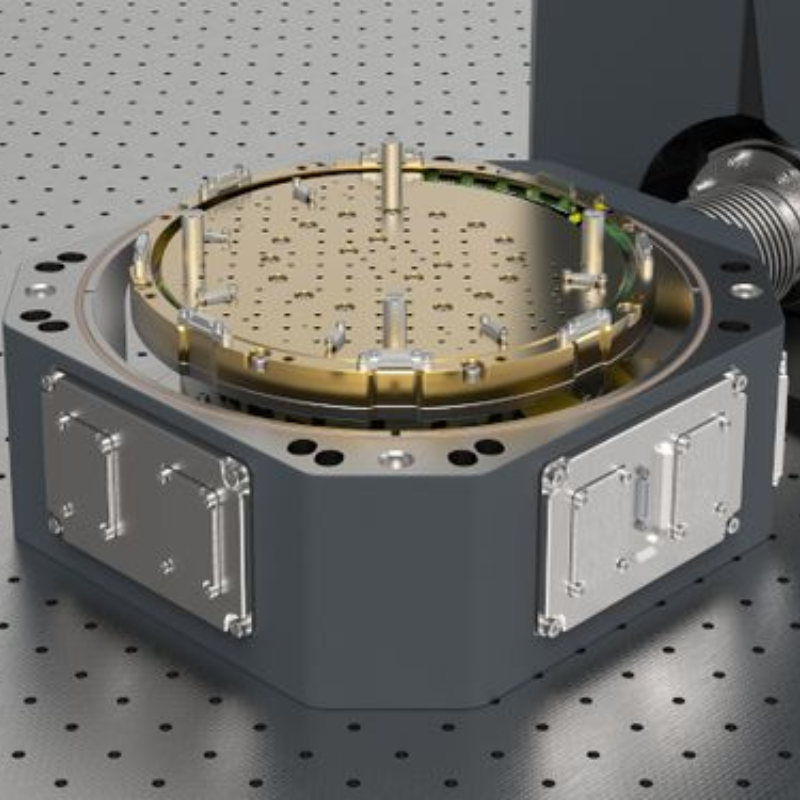
3 minute read
Quantum Computing and its Impact on Defence and Military Applications
Quantum computing, once a theoretical concept, is rapidly evolving into a transformative technology with the potential to reshape multiple industries — none more significantly than defence and military sectors.
Unlike classical computers, which process information in binary (0s and 1s), quantum computers use quantum bits or "qubits" that can exist in multiple states simultaneously This allows them to solve certain problems exponentially faster, offering profound advantages in areas like cryptography, logistics, intelligence analysis and autonomous systems.
Cryptography
One of the most immediate defence implications of quantum computing lies in cryptography.
Modern military communications and data security rely heavily on encryption protocols such as RSA, which are extremely difficult to break using classical computers However, a sufficiently advanced quantum computer could crack these protocols in minutes using algorithms like Shor’s algorithm This has led to a global race toward “quantum-safe” encryption methods, prompting defence agencies to invest in postquantum cryptography research and implementation.
Logistics
Beyond encryption, quantum computing holds promise in optimising complex military logistics and battlefield strategy Quantum algorithms can rapidly evaluate countless scenarios to identify optimal routes, supply chains, or mission plans under dynamic constraints. For example, during large-scale military operations involving thousands of assets, quantum optimisation could enable real-time decision-making with unprecedented speed and accuracy.

Intelligence analysis
Quantum sensing is another area of intense interest. These sensors, leveraging quantum entanglement and interference, could detect submarines, stealth aircraft, or underground bunkers more effectively than current technologies. Such advancements could drastically alter the balance of power, enabling new forms of surveillance and reconnaissance that are harder to evade or jam.
Autonomous systems
Artificial intelligence (AI) and machine learning, already integral to modern defence systems, could also benefit significantly from quantum computing. By accelerating training and pattern recognition, quantum enhanced AI could support faster threat identification, autonomous navigation, and adaptive responses in combat scenarios.
What's next?
Despite these potential benefits, significant challenges remain. Quantum hardware is still in its infancy, requiring extreme conditions like near-absolute-zero temperatures to function Moreover, practical and scalable quantum systems suitable for defence applications could be years away.
The race is on...
Nevertheless, Governments and militaries worldwide including the US Department of Defense, NATO, and China’s PLA are investing heavily in quantum research As this technology matures, its integration into defence strategies is expected to redefine global security paradigms, demanding new doctrines, alliances, and safeguards to navigate the emerging quantum battlefield.
Montana Instruments has developed a line of cryogenic products to meet the needs of the quantum computing industry for research and development, production testing, and critical quantum computer infrastructure There are multiple active architectures under consideration for the realisation of a scalable quantum computer.
The most promising candidates are those utilising photonics, spin/quantum dots, superconducting circuits, and trapped ions.
---------------------------------------
For more information, contact our Technical Sales Director, Dr. Luke Nicholls by email or call (01372) 378822.





